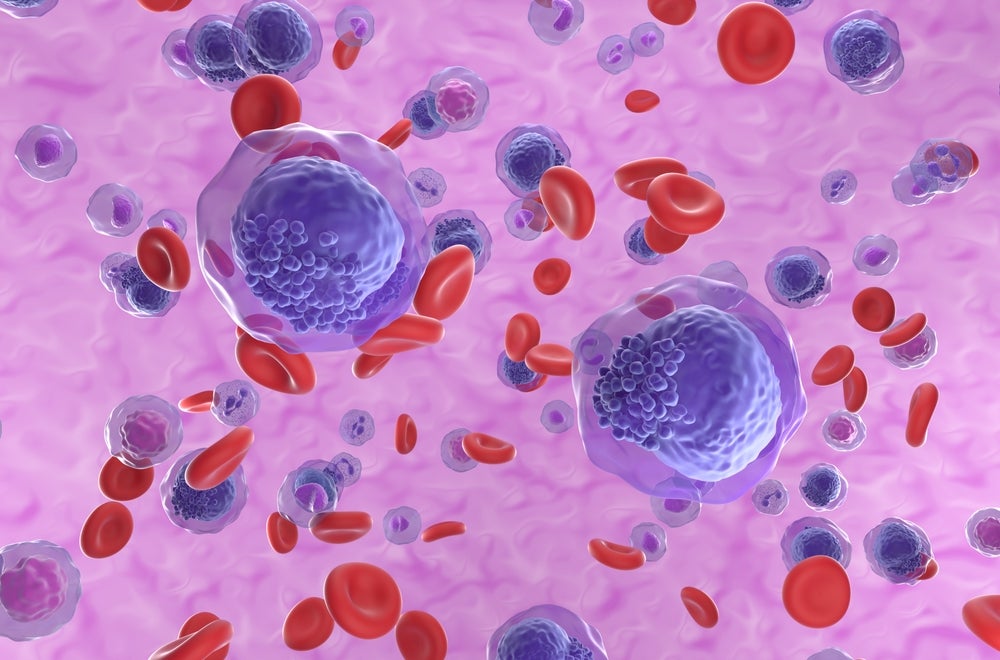The US Food and Drug Administration (FDA) has granted orphan drug designation to Sellas Life Sciences Group’s cyclin-dependent kinase 9 (CDK9) inhibitor SLS009 for acute myeloid leukaemia (AML) treatment.
The agency granted the designation based on data from a Phase I study (NCT04588922) of SLS009 based on a 10 October press release. The drug, formerly known as GFH009, reduced bone marrow blasts – the characteristic sign of AML – by up to 77.3% in the highest dose cohort. While there were some reversible and short-lasting haematologic toxicities, no dose-limiting toxicities were reported, based on the 10 October press release.
The US-based company’s candidate SLS009 is now being evaluated in a Phase IIa study (NCT04588922) in patients with relapsed or refractory AML. The company plans to share topline data from the trial by the end of 2023. The aim of the open-label, single-arm, multi-centre trial is to evaluate the safety, tolerability, and efficacy of SLS009 at two dose levels in combination azacitidine and venetoclax.
Orphan drug designations are granted to medicines intended to treat a rare condition. They come with benefits such as tax credits for US-based clinical trials and, if the therapy is approved, the potential for seven years of market exclusivity.
SLS009 is licensed from China-based GenFleet Therapeutics. Sellas has global rights outside of Greater China for the candidate, as per the December 2022 agreement.
Sellas’ president and CEO Dr Angelos Stergiou said: “SLS009 is a novel and highly selective CDK9 inhibitor that has already shown a favourable safety profile, strong initial efficacy signals, and evidence of anti-tumour activity. With the support of this orphan drug designation, we look forward to accelerating SLS009 clinical development.”
In June 2023, Sellas reported positive topline results from a Phase I trial investigating its vaccine in combination with Bristol-Myers Squibb’s Opdivo (nivolumab) for the treatment of malignant pleural mesothelioma.









